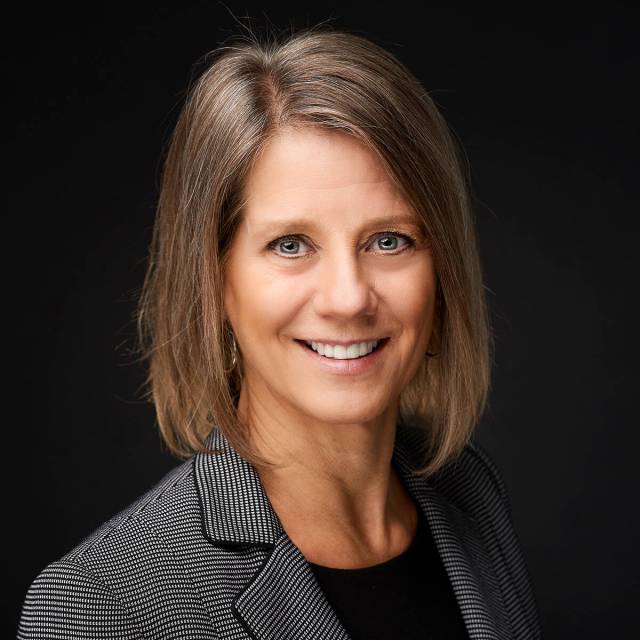
Sept. 10 was National Grandparents Day. Say the word “grandparent” and most people think comforting thoughts of joy or love.
But it’s both shocking and sad to know that some con artists hear that term and think “easy victim.”
With grandparent scams on the rise, the most common scheme involves fraudsters calling and pretending to be a desperate relative asking for money. Fraudsters sometimes research social media to impersonate family members. Other times, they just name the person answering the phone “grandma” or “grandpa” and that’s all it takes.
There are several ways to educate and protect the elderly family members in your life, not just on Grandparents Day, but all yearlong. Make sure they are aware of these types of scams, and are on the lookout for distressed callers demanding swift action. Some families create and use a secret password validating the phone call and its caller.
Here are some ways you can be proactive in securing and protecting your loved ones and your own financial accounts. Make sure you discuss these with your family members and friends. Awareness is a great first step in keeping your accounts safe.
Never share personal information or account PIN numbers with callers or strangers if you didn’t initiate the call. If someone calls and says they are from your bank, even if the caller ID number or name matches, hang up and call back at a number listed on your card or statement, or visit a branch in person.
Enable the alerts and authentication protections that are offered on your accounts.
When looking into new services or providers, thoroughly research any advisor or professional that might handle or have access to your finances, even if they are recommended by a friend.
Registering with the “Do Not Call” registry is a good way to limit the number of telemarketing calls you receive.
Review accounts, statements and credit reports regularly, making sure to quickly report any discrepancies or suspicious transactions.
Besides being proactive, know that many scams involve convoluted methods of payment: asking you to buy a prepaid card, sharing numbers and security codes over the phone, or overpaying or sending you money and requesting money back.
It’s important to take your time with any financial decision. You should feel comfortable and confident about all the details. If you feel pressured or are being told you must act right now, just walk away. It’s typically someone with bad intentions who seeks to scare victims into acting fast or discourages someone from taking time to learn the important details about a financial transaction.
Nevadans are not alone in the fight against financial fraud. The state is engaged in multiple efforts to help protect the most vulnerable Nevadans. With the support of the Nevada Bankers Association, State Senators Roberta Lange and Scott Hammond recently passed a bill that expands the reporting practice of suspected fraud and allows for banks and their employees to place a hold on transactions when there is suspected exploitation of an older or vulnerable person.
The Nevada Attorney General’s Office also introduced a bill that passed the Legislature as SB61. Under this new law, the mere fact that a bank account is held jointly does not preclude criminal charges against a person accused of exploiting an older or vulnerable adult in Nevada.
While elderly and vulnerable populations are growing and are increasingly the target of fraud and exploitation, Nevada’s banks and state leaders continue to find ways to foil the fraudsters.
Phyllis Gurgevich is the CEO of the Nevada Bankers Association, the united voice of Nevada’s diverse bank and trust industry. Its members are dedicated to providing the best financial products, services and resources to drive and support economic growth, job creation and prosperity throughout Nevada.